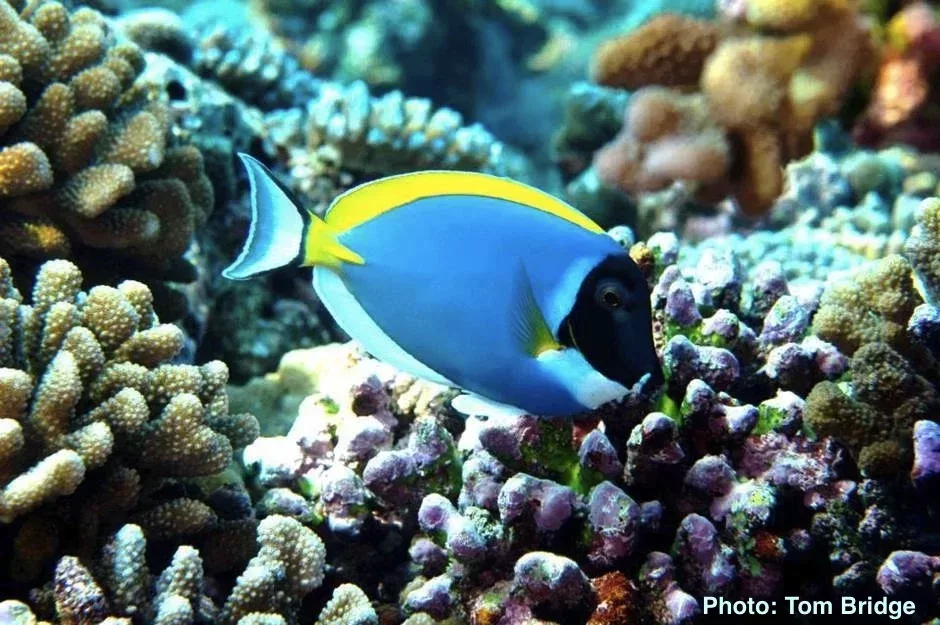Montreal, 18 February 2013 – In response to the call for champions in support of the Aichi Biodiversity Targets, the Republic of Maldives has pledged to become the first nation where the entire country and its Exclusive Economic Zone will be a Biosphere Reserve.
“The whole country of Maldives will be a UNESCO Biosphere Reserve by 2017 – where public support for conservation of the country’s remarkable environment secures a vibrant green economy and a good quality of life for all Maldivians,” said Dr Mariyam Shakeela, Minister of Environment and Energy, Republic of Maldives.
The pledge by the Republic of Maldives, is in response to the call to Parties, partners and other stakeholders to take urgent action towards achieving the Aichi Biodiversity Targets, made at the eleventh meeting of the Conference of the Parties (COP 11) in Hyderabad, India, and builds on the announcement made at the Rio+20 Conference.
The implementation plan, Maldives as a Biosphere Reserve: An Implementation Plan 2013-2017, sets a roadmap for 2013 to 2017, after which the plan will be updated based on progress and lessons learned. The plan will be implemented by and for different atolls in a stepwise fashion, based on their readiness to adopt the “Biosphere Approach”. The plan was endorsed by the cabinet of Ministers in January 2013, showing the commitment from all stakeholders to this plan.
The goal is to ensure that more than half of the country’s atolls are implementing the new approach by the end 2017, in order to trigger the application for Maldives as a Biosphere Reserve to be submitted to the United Nations Educational, Scientific and Cultural Organization (UNESCO). Convention on Biological Diversity (CBD) Executive Secretary Braulio Ferreira de Souza Dias said: “This pledge from the Maldives is extraordinary in size and potential impact. We should expect that it will be an inspiration to other CBD Parties, including Small Island Developing States and donor countries, to work harder toward the achievement of all of the Aichi Targets.”
“Global progress in the development of marine protected areas and in the sustainable management of fish stocks is lagging considerably,” he added. “Although there are still more than seven years before the 2011-2020 Strategic Plan for Biodiversity and its 20 Aichi Targets are to be fully implemented, as agreed in Nagoya at CBD COP 10, we will only reach these targets by making ambitious pledges as the Maldives has now done.”
Successful implementation of the Plan will depend on forging new partnerships, both horizontal and vertical: international partners working with the government to provide financial and technical support; government agencies working together and with NGOs, and public private partnerships at the local level.
The President of the Maldives signalled intentions in June 2012, at the UN Conference on Sustainable Development, RIO+20 meeting in Rio de Janeiro, Brazil, to significantly ramp up efforts to protect the marine environment. The president outlined plans to implement a de-centralised system for environmental management and sustainable development, and was inspired by the success achieved in designating Baa Atoll as the first UNESCO Biosphere Reserve in Maldives.
The Hyderabad Call for Biodiversity Champions invites Parties and partner organizations to make pledges to support one or more Aichi Biodiversity Targets. The pledge can cover a particular region or sub- region, include financial, technical, or other forms of support; and be time-bound. Information on how to make a pledge can be found at: www.cbd.int/champions/
Two countries, India and the Maldives, and the Federation of Indian Chambers of Commerce and Industry, have so far pledged their support to the Hyderabad Call for Biodiversity Champions.
